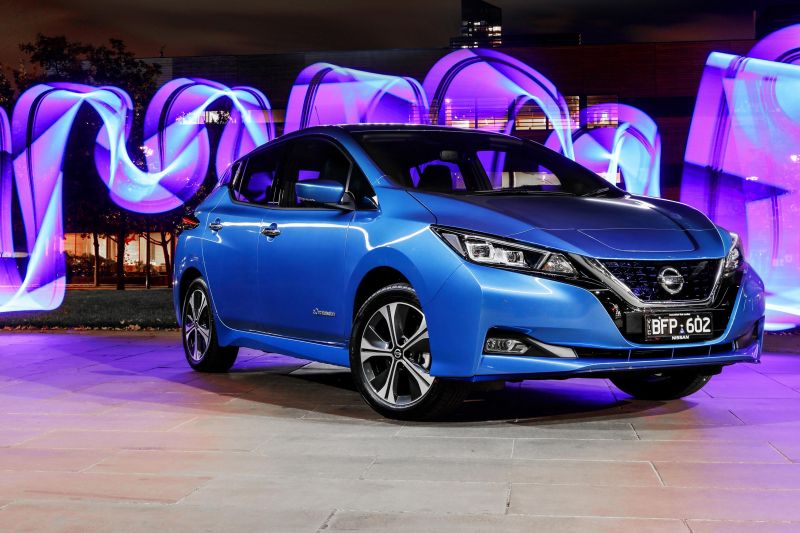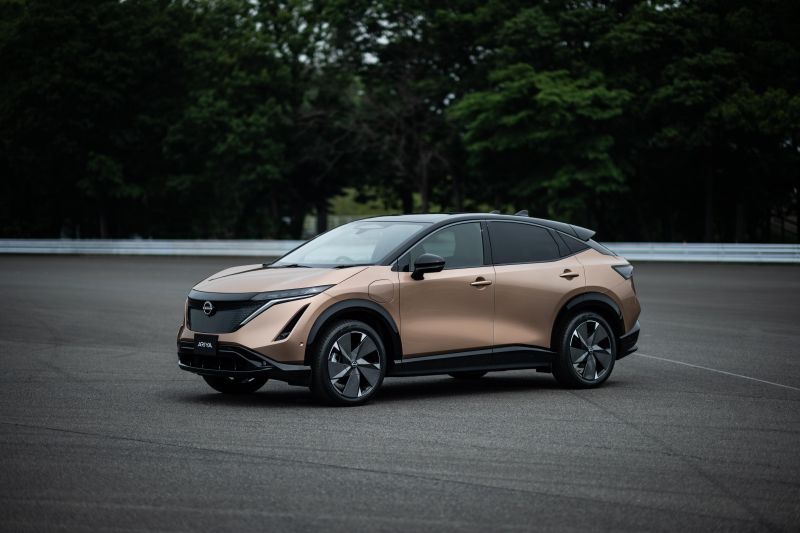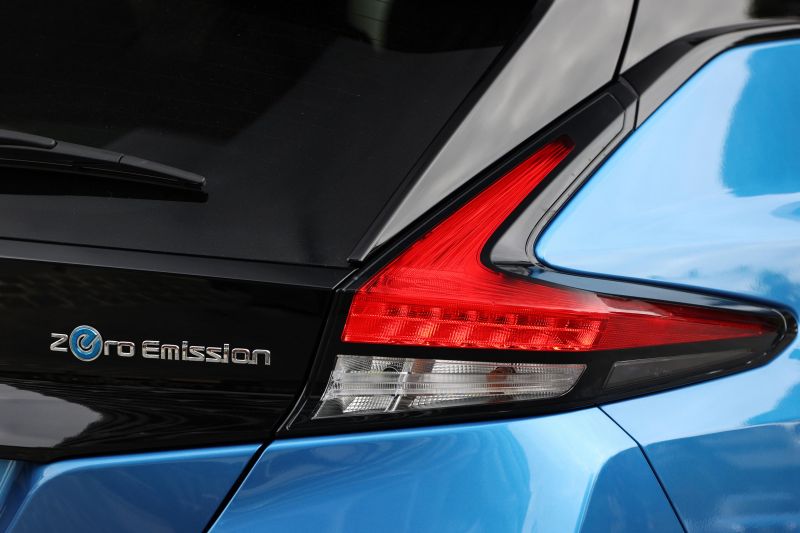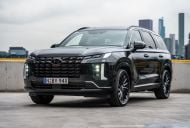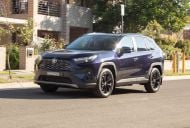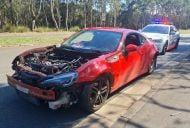Research commissioned by Nissan Europe suggests electric vehicle (EV) drivers are actually racking up greater annual mileage than internal-combustion-engine (ICE) vehicle owners.
But the company warns of a growing disconnect between EV and ICE drivers, with their quite different views on the capability of battery-powered vehicles suggesting a “distorted reality”.
The company described the findings of a 7000-person survey with representation quotas, conducted early this year, which featured drivers in the UK, France, Germany, the Netherlands, Spain, Italy, Norway, Sweden, and Denmark.
Some interesting findings – to be taken with a grain of salt given the source of the study – include one that EV drivers interviewed travel on average 14,200km annually compared to petrol or diesel ICE drivers who cover on average 13,600km.
It also found that 69 per cent of European EV drivers are “happy” with current charging infrastructure where they live.
Moreover, 70 per cent of the existing European EV drivers interviewed noted their car’s driving range had been “better than they expected”.
This is quite contrary to the views of those people interviewed who were not considering the switch to EV at this stage.
From this group, 58 per cent cited lack of driving range as a major turn-off, 56 per cent thought the vehicles were too expensive in the first place, 48 per cent found there weren’t enough public chargers yet, and 47 per cent thought the main benefit of their ICE car was its greater range.
Nissan suggests these data subsets point to “a strong disconnect surrounding charging and infrastructure from those EV drivers who currently utilise the facilities, and the impression of those ICE drivers yet to benefit from them, highlighting starkly different viewpoints”.
Speaking on the research, Nissan vice-president of product strategy and pricing for Europe, Arnaud Charpentier, said it reiterated the upsides of EVs, in terms of their ability to drive as far and charge as fast as needed.
“It is no surprise that people now drive EV further than ICE cars. We are confident that with more EV on the road dispelling myths, range anxiety will soon be in the past,” he said.
“With EVs on the cusp of wide-spread adoption, we can be confident these positive findings should help change the opinion of the ICE drivers for whom a degree of range anxiety is still preventing them from converting to electric mobility,” he added.

